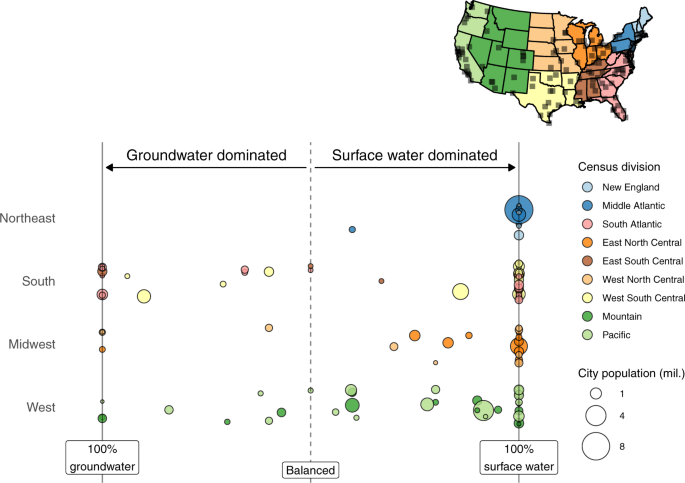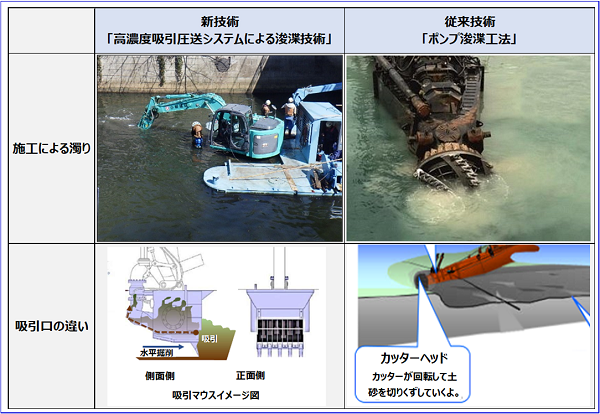遠方の流域における人間活動が、都市の飲料水の汚染の可能性に影響を与える Human activities in distant watersheds influence the potential for contamination of urban drinking water supplies
2022-04-27 アメリカ・パシフィック・ノースウェスト国立研究所(PNNL)
Nature Communications誌に掲載されたこの研究成果は、流域における人間活動の種類と程度が、飲料水に含まれる潜在的な汚染の程度に大きな影響を与えることを浮き彫りにしています。汚染物質は、農業、鉱業、都市部、交通インフラ、廃水処理、その他の産業からもたらされる可能性があります。また、このデータは、全米の水源流域における人間活動の多様性を示しており、このことは、潜在的な汚染レベルも同様に多様であることを示しています。
<関連情報>
- https://www.pnnl.gov/news-media/watershed-moment-key-findings-about-potential-drinking-water-contamination
- https://www.nature.com/articles/s41467-021-27509-9
米国100都市における潜在的な飲料水源汚染の比較 Comparison of potential drinking water source contamination across one hundred U.S. cities
Sean W. D. Turner,Jennie S. Rice,Kristian D. Nelson,Chris R. Vernon,Ryan McManamay,Kerim Dickson & Landon Marston
Nature Communications Published: 13 December 2021
DOI:https://doi.org/10.1038/s41467-021-27509-9

Abstract
Drinking water supplies of cities are exposed to potential contamination arising from land use and other anthropogenic activities in local and distal source watersheds. Because water quality sampling surveys are often piecemeal, regionally inconsistent, and incomplete with respect to unregulated contaminants, the United States lacks a detailed comparison of potential source water contamination across all of its large cities. Here we combine national-scale geospatial datasets with hydrologic simulations to compute two metrics representing potential contamination of water supplies from point and nonpoint sources for over a hundred U.S. cities. We reveal enormous diversity in anthropogenic activities across watersheds with corresponding disparities in the potential contamination of drinking water supplies to cities. Approximately 5% of large cities rely on water that is composed primarily of runoff from non-pristine lands (e.g., agriculture, residential, industrial), while four-fifths of all large cities that withdraw surface water are exposed to treated wastewater in their supplies.



